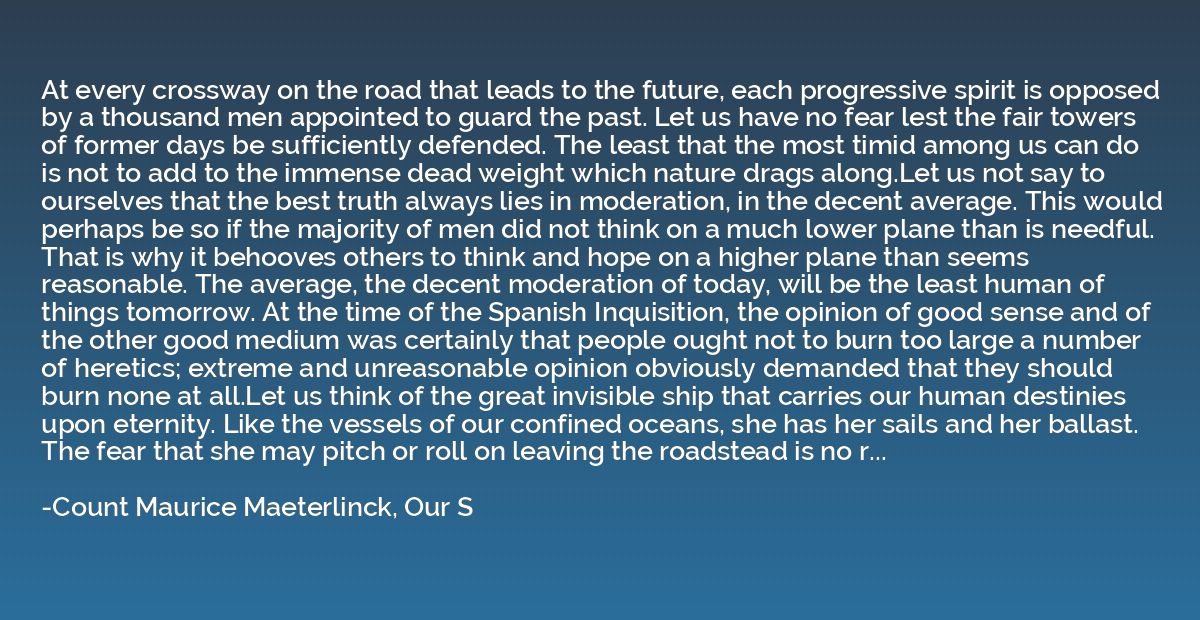Quote by Emma Thompson
I don't mean being famous is a perk, because one knows that it's not necessarily a perk, but there are certain perks to being well-known and respected in one's field. Public perks. Like, I don't know, general friendliness and willingness to please, just to point out two.

Summary
This quote highlights that being famous does not necessarily imply personal benefits, but being well-known and respected in a specific field does come with certain advantages. The speaker mentions two "public perks": general friendliness and a willingness to please. These perks suggest that being recognized and respected by others can lead to more positive interactions and opportunities, emphasizing the potential advantages of establishing a strong reputation in a particular domain.














